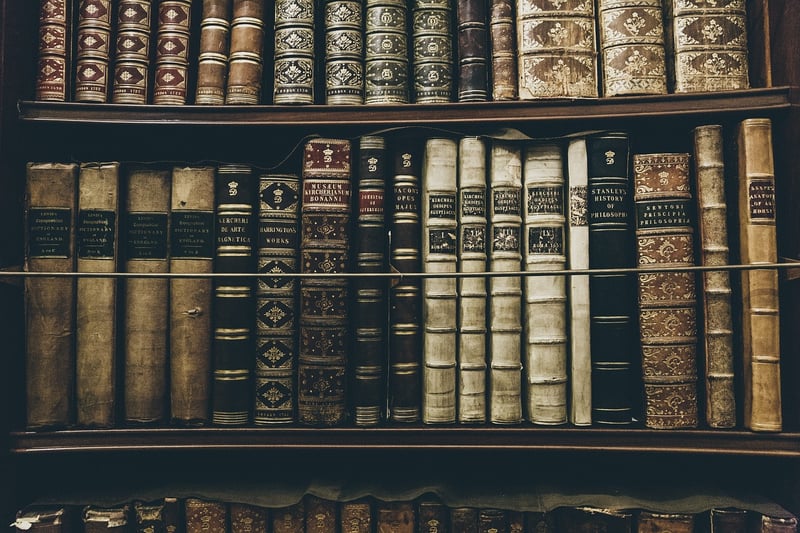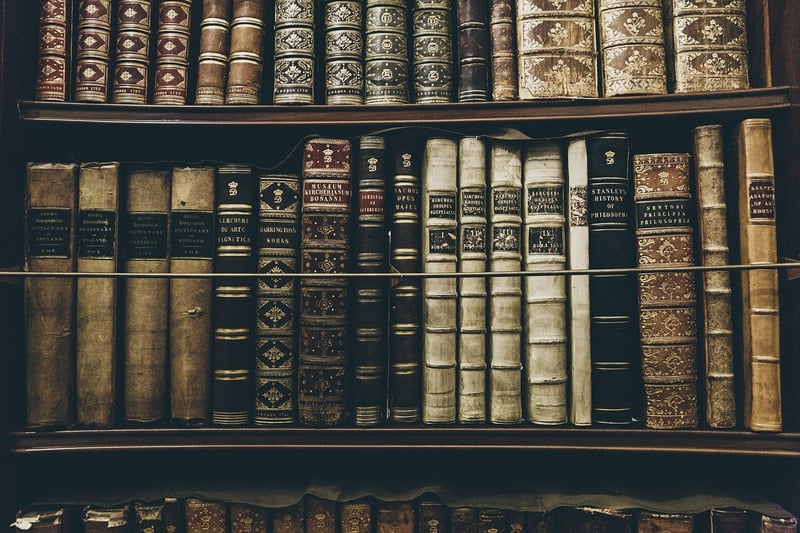Altering History
The Moral Implications of Altering History
History is the backbone of societies as it shapes our present and future. However, the idea of altering historical events raises significant moral questions. Let's delve into the ethical considerations of changing the course of history.
Preservation of Truth
One of the primary concerns with altering history is the preservation of truth. History serves as a record of past events, allowing us to learn from our triumphs and mistakes. Tampering with historical facts can distort reality and hinder our ability to comprehend the world as it was.
Respect for Memory
Changing historical events can disrespect the memory of those who lived through them. Whether it's wars, revolutions, or cultural movements, these events are part of the collective memory of humanity. By altering them, we risk diminishing the experiences and sacrifices of countless individuals.
Unintended Consequences
Altering history can have unforeseen consequences that ripple through time. Changing a single event could lead to a chain reaction of events with unpredictable outcomes. This raises the question of who has the authority to decide which parts of history are altered and the potential dangers of playing with the past.
Preserving Cultural Heritage
History is not just a collection of events but a reflection of diverse cultures and traditions. By altering historical narratives, we risk erasing valuable aspects of our cultural heritage. It is essential to respect the stories and identities embedded in history to ensure a rich and inclusive tapestry of human experiences.
Conclusion
While the idea of altering history may seem appealing in theory, the moral implications are profound. As custodians of the past, we have a responsibility to preserve the integrity of historical truths and honor the memories of those who came before us. By respecting and learning from history, we can pave the way for a more enlightened future.

For more insights on history and ethics, visit History.com.
